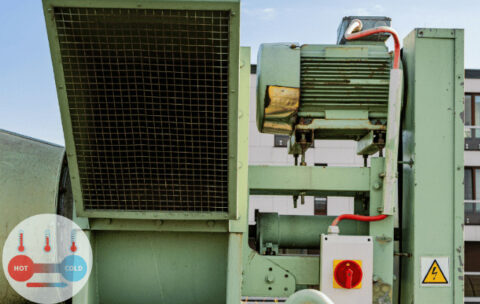Structural Analysis and Design: Advanced Techniques for Civil Engineers
This course is designed to provide civil engineering professionals with …
What you'll learn
Sustainable Infrastructure Development: Strategies and Best Practices
This course aims to provide a comprehensive understanding of sustainable …
What you'll learn
Geotechnical Engineering: Foundations and Soil Mechanics
This course offers a comprehensive exploration of geotechnical engineering, focusing …
What you'll learn
Construction Project Management: Principles and Applications
The course on Construction Project Management: Principles and Applications is …
What you'll learn
Advanced Thermodynamics and Heat Transfer in Mechanical Engineering
The course on Advanced Thermodynamics and Heat Transfer in Mechanical …
What you'll learn
Robotics and Automation in Mechanical Engineering
The course on Robotics and Automation in Mechanical Engineering provides …
What you'll learn
Renewable Energy Technologies in Mechanical Engineering
The course on Renewable Energy Technologies in Mechanical Engineering provides …
What you'll learn
Power Systems Engineering: Analysis and Design
The course on Power Systems Engineering: Analysis and Design provides …









